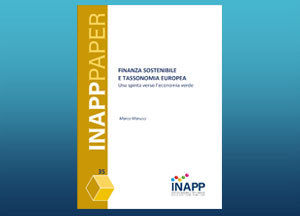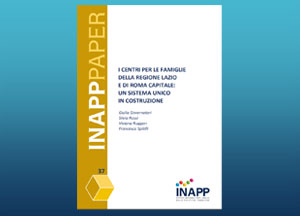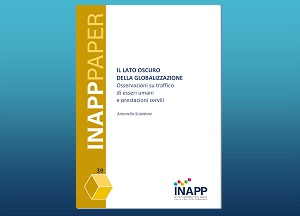In its commitment to promote economic and social well-being, the studies conducted by Inapp lay special focus on measures to favor people and families living in conditions of difficulty – ranging from measures aimed at reducing inequalities and contrasting exclusion factors, to policies beneficial to groups which are exposed to risks of different nature on account of their foreign origin, of particular disabilities or their lack of self-sufficiency Issues related to gender and children’s rights are also the objects of in-depth studies.
Different forms of poverty are analyzed, also from a comparative perspective and in the light of international experiences In this field, topics include the learning experience, as well as various types of income support, always striving to pave the way for the identification of positive actions against marginalization, and encourage improvements in employability for social categories in need of assistance.
Further objects of analysis are strategies of social inclusion, with an eye turned to social planning at a local level. In this respect, special emphasis is placed on structural strengthening and funding methods also with respect to the balance between universalistic as opposed to means-tested models. INAPP also conducts studies on the development of a range of associative patterns, as well as monitors the evolution of experiences of active citizenship pursuing public and social-value aims , including community service. A great deal of effort is also invested in studying non-profit organizations and social enterprises, leading to committed analysis of those instances of organized solidarity and cooperative relations, that are aimed at the well-being of local communities and territories and founded by means of joint investments involving public entities, the third sector and socially-responsible stakeholders.
Last but not least, where the condition of migrant people is concerned, Inapp analyzes processes and markers of social and work integration alongside the framework set by international comparative studies, in an effort to monitor the dynamics of integration on the territory, while assessing the outcomes of sectoral policies.
Related publications


